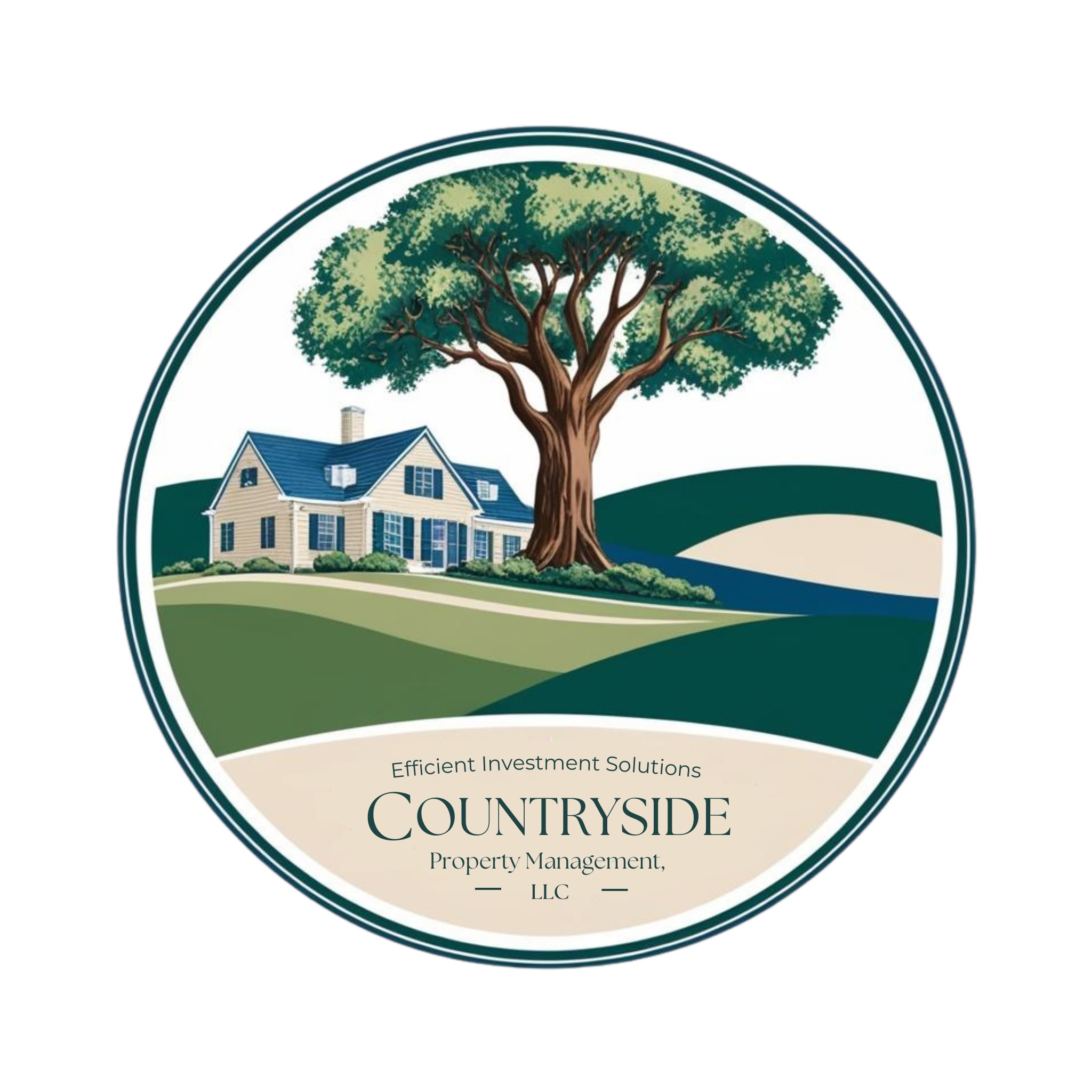Introduction
Owning rental property in Tennessee, particularly in Tipton County, requires an understanding of state and local laws that govern landlord-tenant relationships. This guide outlines the most critical legal requirements for rental property owners and emphasizes the importance of working with a professional property manager to ensure compliance and minimize legal risks.
Tennessee State Laws Impacting Rental Property Owners
1. Uniform Residential Landlord and Tenant Act (URLTA)
Tennessee's URLTA governs landlord-tenant relationships in counties with populations over 75,000. Since Tipton County has a lower population, URLTA does not apply here. However, general state laws still apply.
2. Security Deposits
No Statewide Limit: Tennessee law does not cap the amount landlords can charge for security deposits.
Return of Deposits: Landlords must return the security deposit within 30 days after the tenant vacates, along with an itemized list of any deductions.
3. Late Fees and Grace Periods
Grace Period: A five-day grace period is required before charging a late fee.
Late Fee Limit: Late fees cannot exceed 10% of the amount due.
4. Maintenance and Repairs
Landlords are obligated to maintain rental properties in a habitable condition, ensuring compliance with health and safety codes.
Tenants may request repairs, and landlords must address essential services within 14 days of notice.
5. Eviction Procedures
Non-Payment of Rent: 14-day notice to pay or vacate.
Lease Violations: 14-day notice for curable violations.
Illegal Activities: 3-day unconditional quit notice for severe violations.
Tipton County-Specific Regulations
1. Zoning and Land Use
Tipton County enforces zoning regulations that affect rental properties, including restrictions on property use, building codes, and occupancy limits.
Landlords should consult the Tipton County Zoning Resolution for detailed information.
2. Building Inspections
The Tipton County Planning and Development Office oversees building inspections to ensure compliance with local codes.
Landlords must schedule inspections for new constructions, renovations, or when addressing code violations.
Why Work with a Professional Property Manager?
Navigating the complex web of state and local laws can be challenging for rental property owners. Working with a professional property manager like Countryside Property Management, LLC ensures:
Full compliance with Tennessee and Tipton County regulations.
Proper handling of tenant communications, maintenance requests, and legal notices.
Accurate record-keeping and documentation for legal protection.
Peace of mind knowing your property is managed professionally.
Conclusion
Staying compliant with state and local rental laws is essential for protecting your investment and avoiding legal disputes. By working with a professional property manager, rental property owners can ensure they are fully protected and their properties are managed efficiently.


